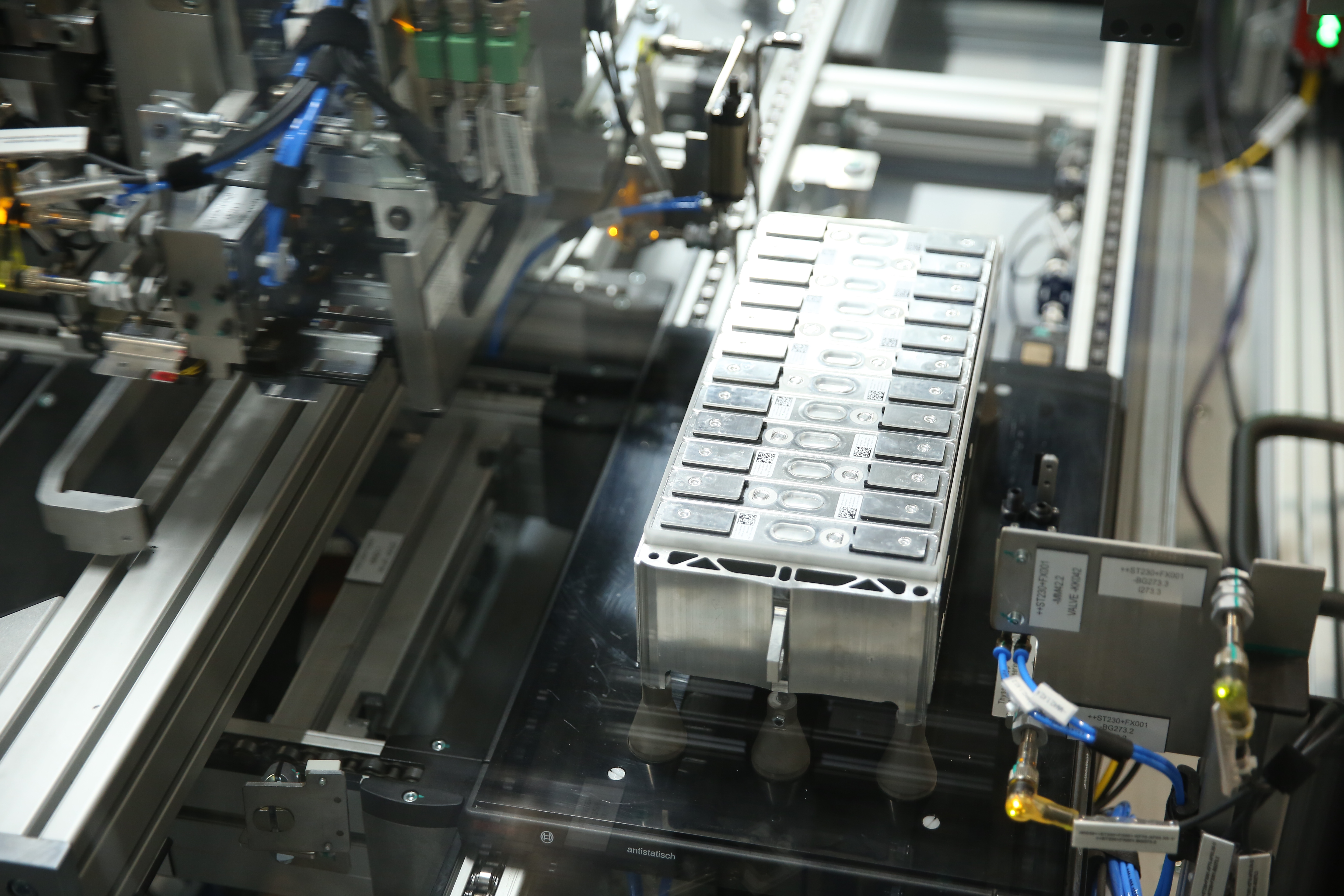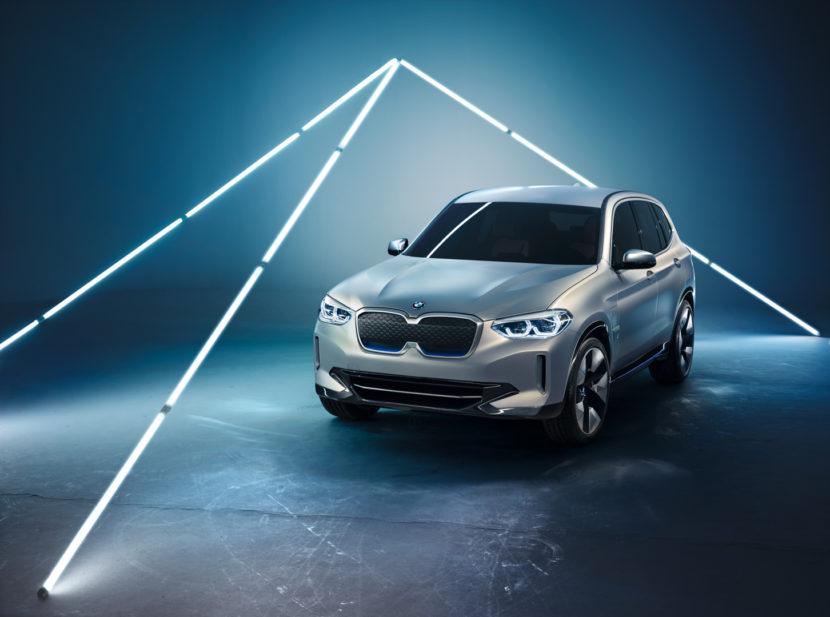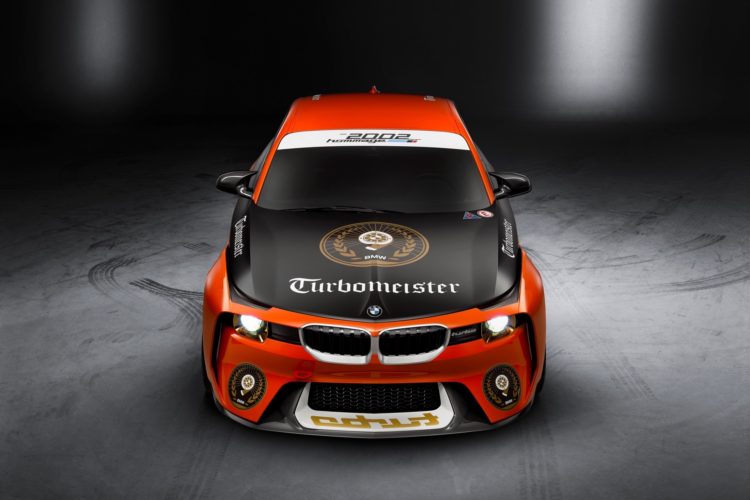As the world is marching forward with the adoption of electric vehicles on a larger scale, few are actually stopping to think of the impact that will have on a multitude of levels. Sure, having a car with zero tailpipe emissions is nice, but there are other aspects of a vehicle you need to take into consideration when thinking about whether it’s truly ‘greener’ or not compared to the ICE alternative. BMW has been doing a lot of thinking in this field and it looks like starting next year, the EVs coming out of their plants will no longer use rare earths.
The problem with rare earths is not that they are hard to come by – actually the name is a bit misleading – but the process they have to go through to be usable. Mining rare earths involves a certain degree of toxicity and that’s definitely not ‘eco-friendly’, especially in the absence of some clear rules set up to prevent abuse. Some mining and separation processes involve chemicals that produce toxic wastewater. All of these dangerous byproducts require scrupulous storage and disposal and in some cases that’s not being done right.
Thus, dropping them altogether drops the demand and gives customers a ‘cleaner’ product. The fact that BMW will be able to offer EVs free of rare earths will be quite an achievement. That will be possible once the fifth-generation of electric powertrains is launched. That’s scheduled for 2020, when the world debut of the BMW iX3 is scheduled to take place. This will basically turn the iX3 into a milestone.
From 2020 on, all BMW plants worldwide will also be using solely renewable energy. That was an older goal set by the BMW Group, which was achieved a couple of years ahead of schedule, though. With these two moves, the Germans are proving once again that building eco-friendly cars goes well beyond zero tailpipe emissions.






































































